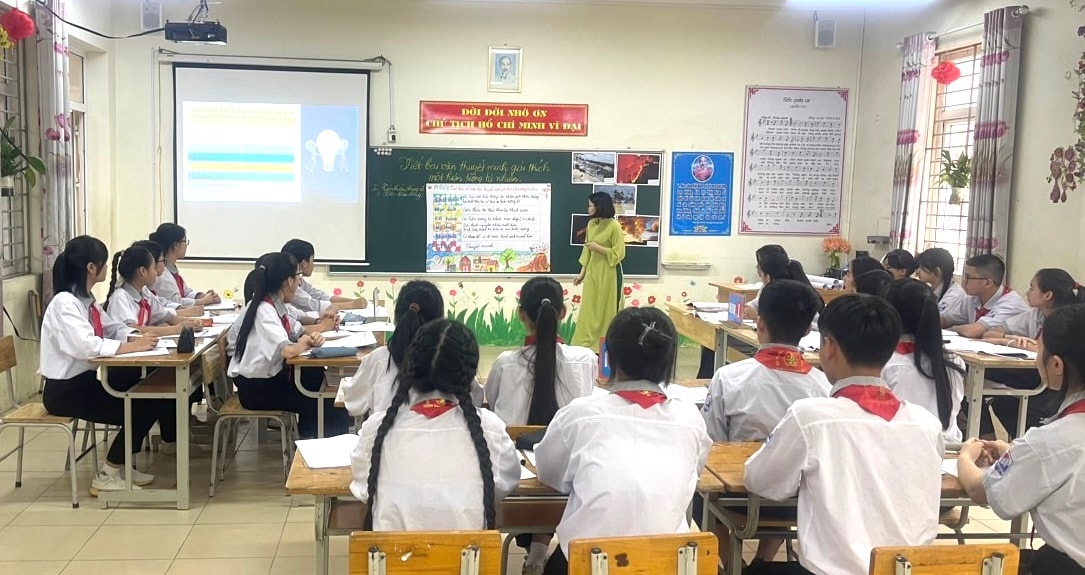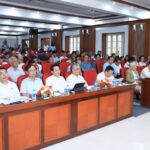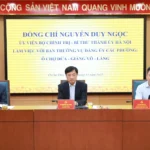According to guidelines from the Ministry of Education and Training, for the 2025-2026 academic year, primary schools will implement two sessions per day, with no more than seven 35-minute lessons daily and a minimum teaching schedule of nine sessions per week (equivalent to 32 lessons per week).
The first session will cover the curriculum content and educational activities as stipulated in Circular No. 32/2018/TT-BGDĐT.
The second session will focus on reinforcement activities to help students complete their coursework, along with cultural and artistic education, STEM/STEAM programs, reading culture, school ethics, life skills, financial literacy, traffic safety education, digital literacy, artificial intelligence, foreign languages, sports, and activities exploring nature, society, culture, history, and local traditions, as well as other educational content tailored to students’ interests and aptitudes.
Lower secondary schools will gradually implement two-session-per-day teaching, prioritizing schools with adequate facilities and teaching staff. The schedule will include a minimum of five days per week, up to 11 sessions weekly, with no more than seven 45-minute lessons per day.
The first session will follow the prescribed curriculum, while the second session will provide remedial lessons for students who fall behind, advanced training for high achievers, exam preparation for 10th-grade admissions, scientific research activities, career orientation, experiential learning, STEM/STEAM education, reading culture, ethics, school culture, and life skills.
High schools will also implement two-session-per-day teaching progressively, prioritizing institutions with sufficient infrastructure and teaching staff. The schedule will include at least five days per week, up to 11 sessions weekly, with no more than seven 45-minute lessons daily.
The Ministry of Education and Training has instructed general education institutions to assess their facilities, teaching staff, and funding needs for two-session-per-day teaching. Reports must be submitted to local authorities (for primary and lower secondary schools) or provincial education departments (for high schools) to secure investment plans ensuring the necessary conditions.
Schools must survey students’ learning needs for the second session before the new academic year begins to tailor educational content accordingly. The Ministry emphasizes that scheduling for both sessions should remain flexible, aligned with school conditions, and avoid undue pressure on students.






